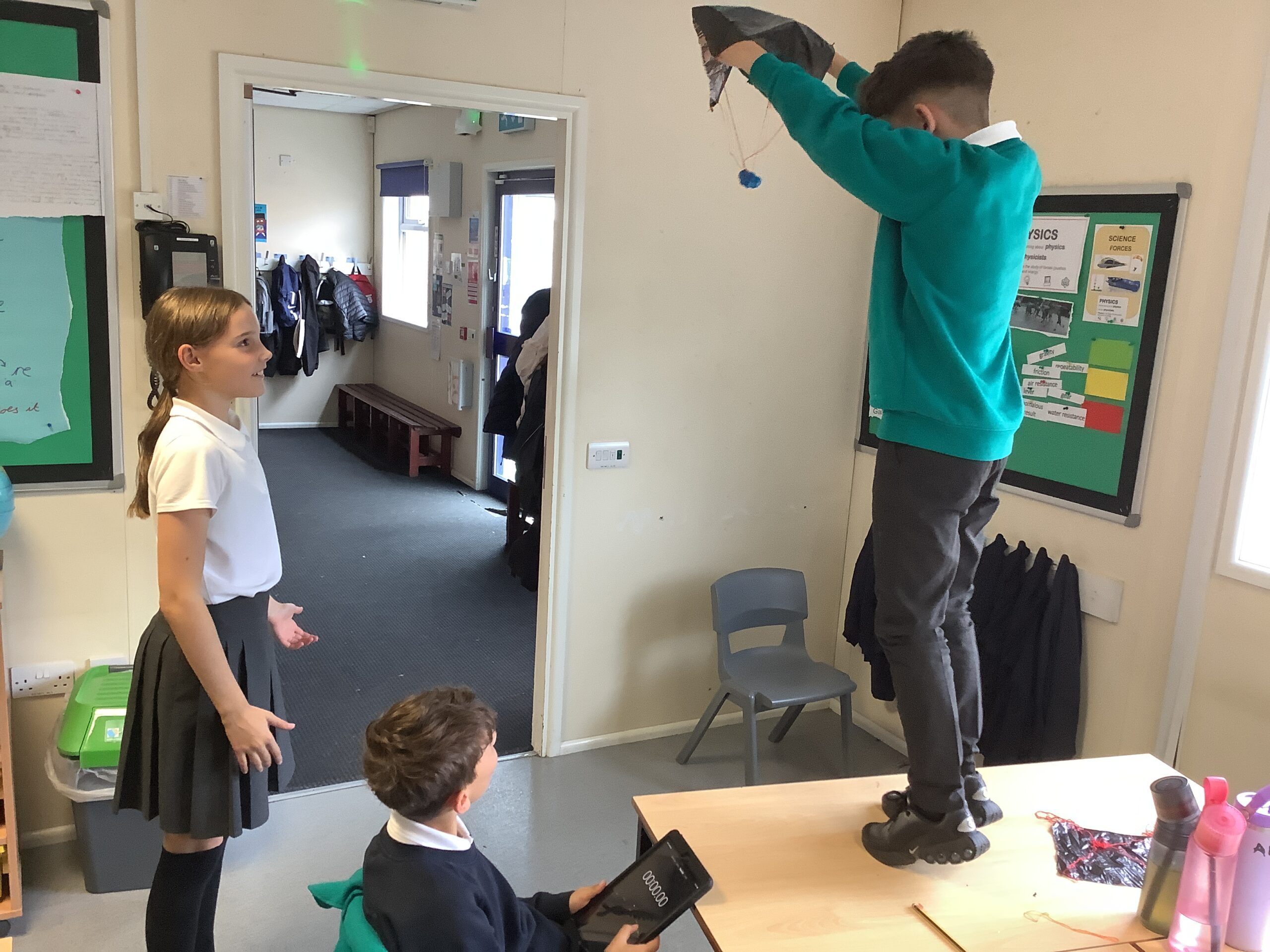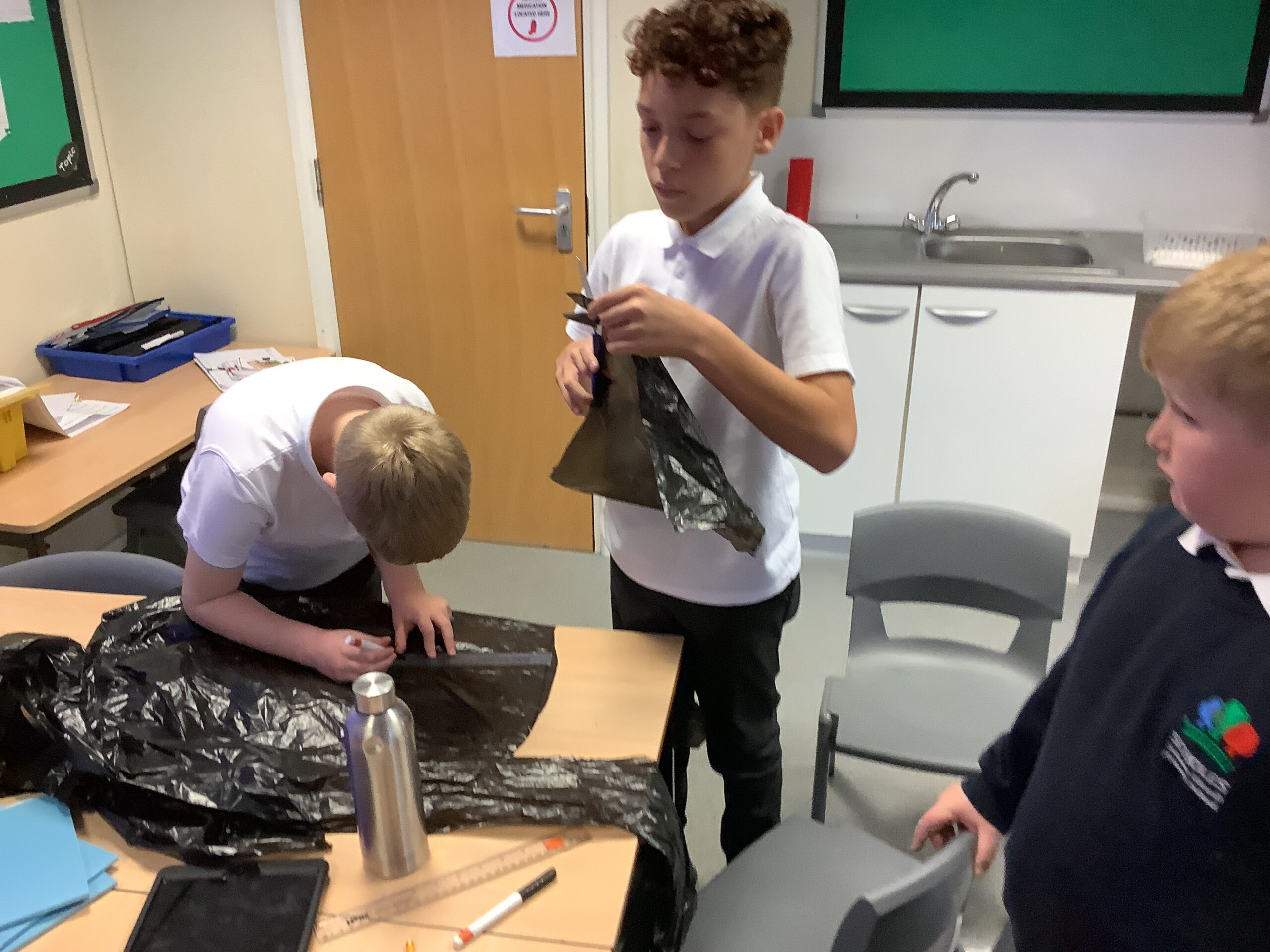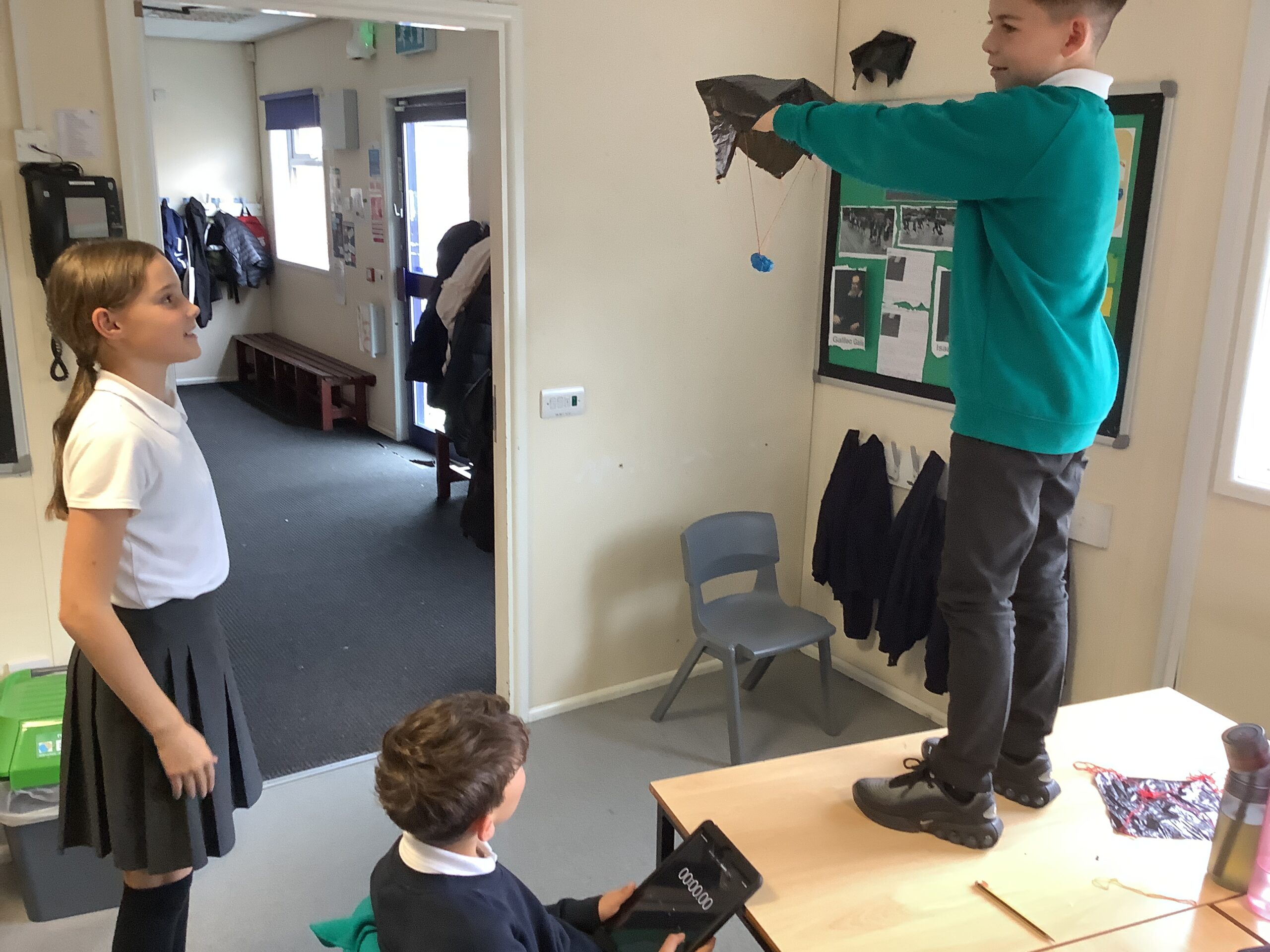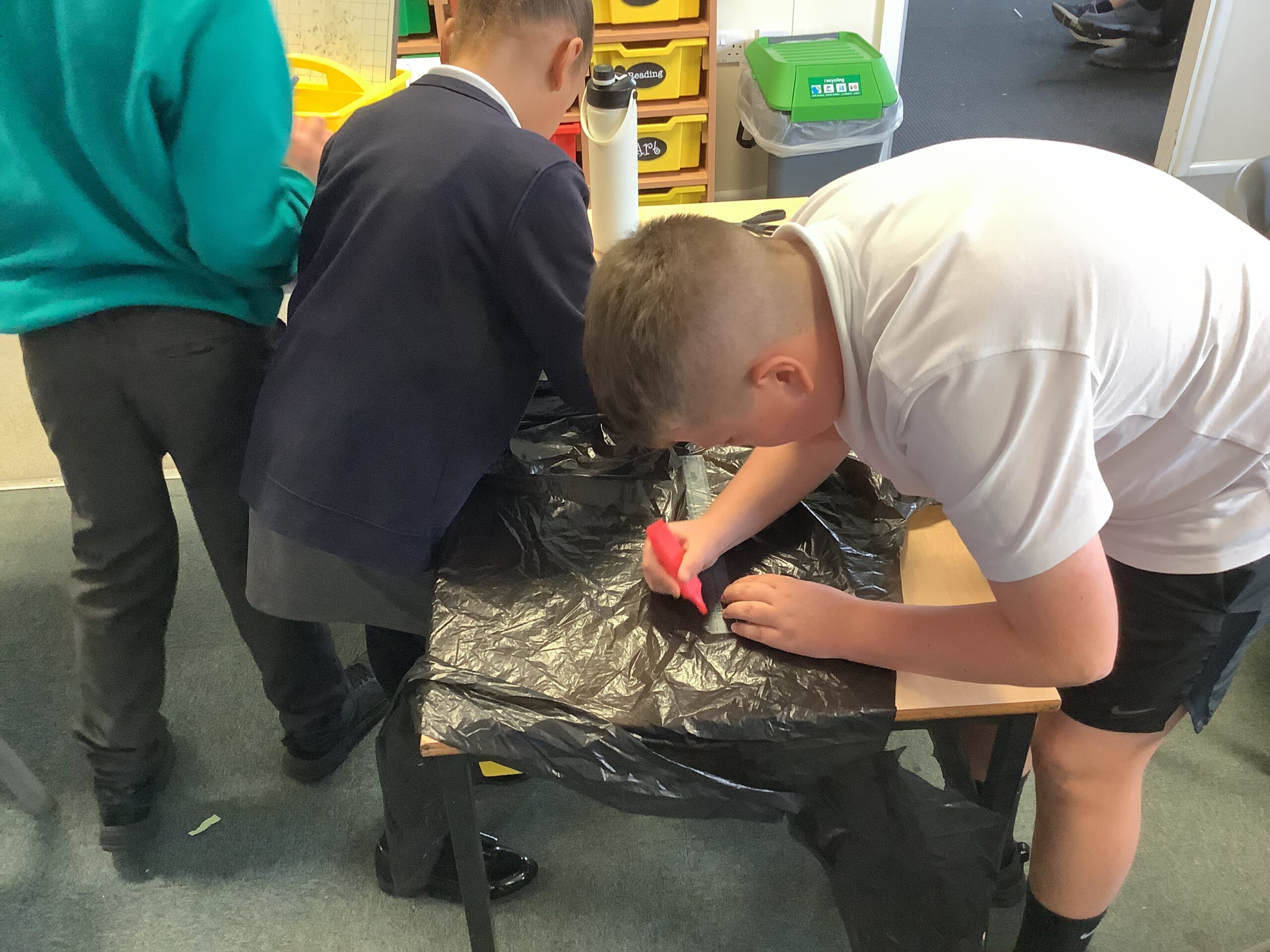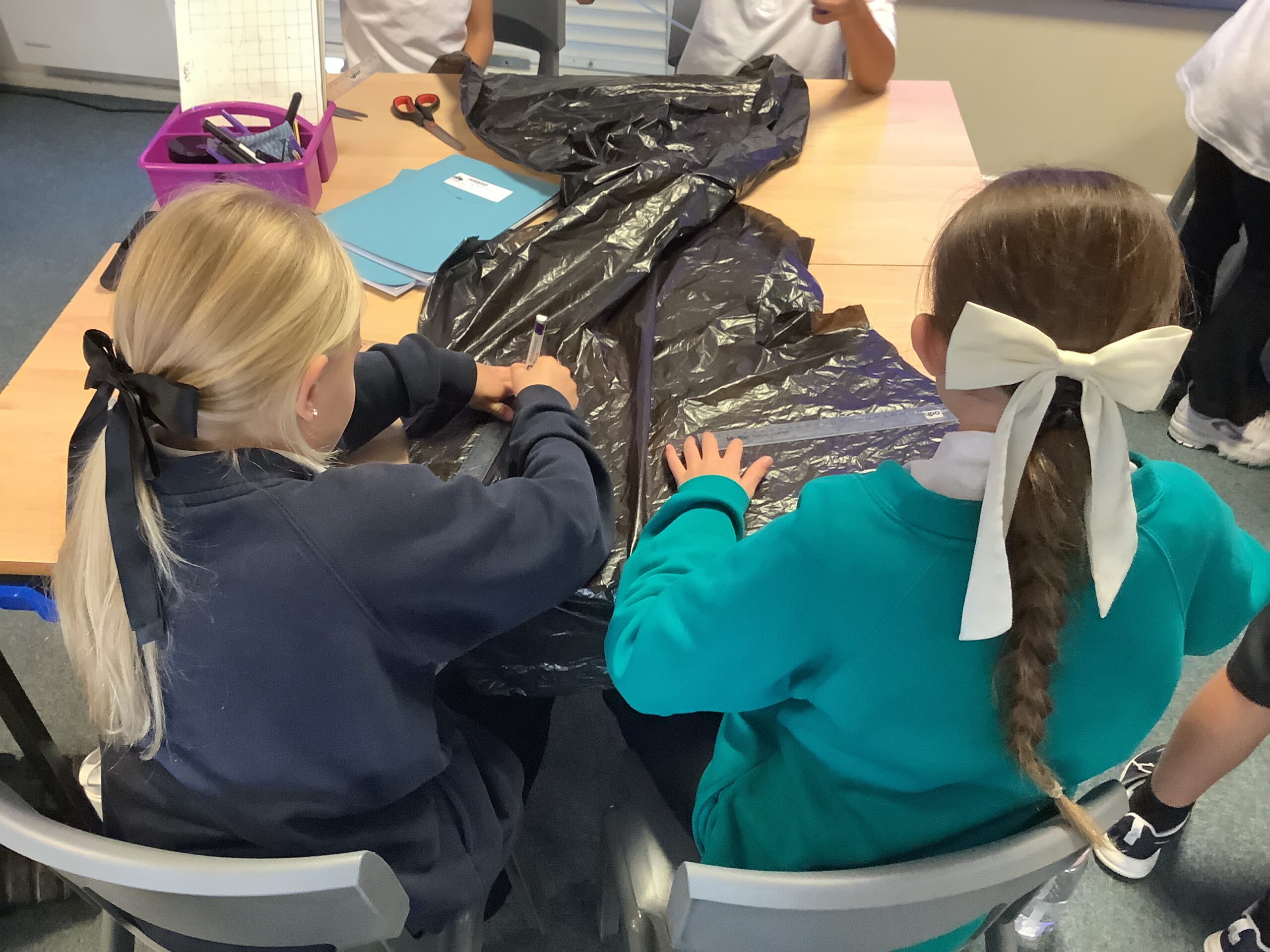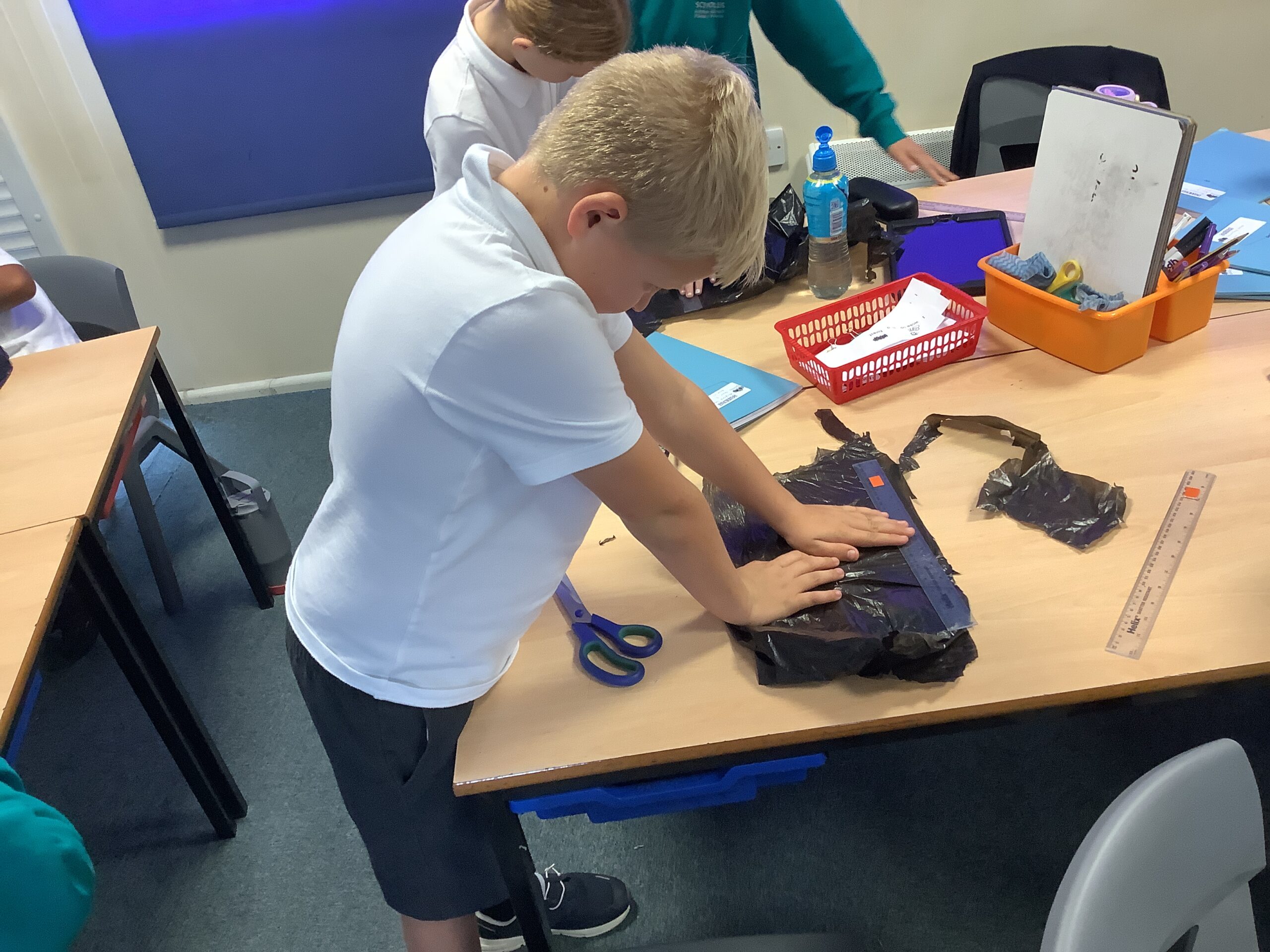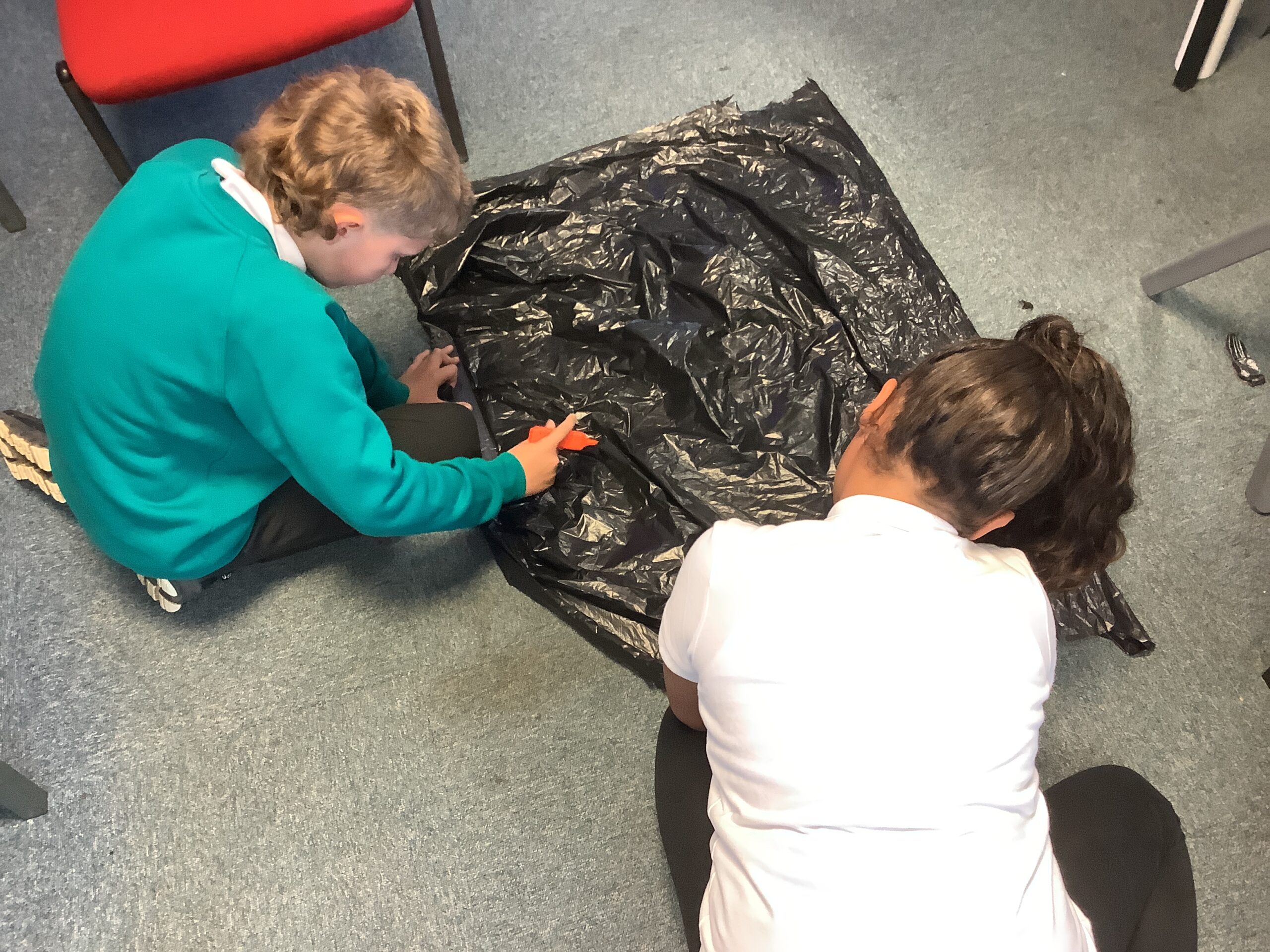Yorkshire Sculpture Park
What a fantastic day out! The Yorkshire Sculpture Park trip was brilliant. All staff commented that the children’s manners, levels of respect and interest in the workshops was fantastic. This trip will help to informour art topic next half term and support our writing.
Help at Home: Talk to your child about their favourite piece of art at the park. What is it made from? What did it make you think? Who was the artist? Who might want to conduct some research into the artist’s inspiration for the piece.






















JLT
Democracy is a key part of British Values and during this week, our classes have cast their votes for who they would like to represent their class on the JLT. We were absolutely overwhelmed by the number of children that wrote speeches. These were well written, full of ideas and showed off their best qualities such as leadership, good listening skills and initiative.
The votes were counted and the new members have been announced!
Here are our new members:
5,6A – Stanley
5,6B – Joseph
5,6C – Grayson
3,4A – Marshall
3,4B – Penny
3,4C – Jessica
2C – Oliver
1,2B – Oscar
1A – Harlow
Well done to each of you. I’m looking forward to working with you this year and can’t wait to get started.
Living and learning: democracy
It’s been election week for year 5/6. We discussed what living in a democracy means and what the alternative might look like. We spoke about what makes a good leader. Children had the opportunity to write their own speech and share their ideas with the class. The speeches were very impressive with children showing off a range of orcay skills: pace, voice projection, emotive and persuasive language, and good body language.
Help at home: ask your child about writing their speech. What ideas did they have for improving the school?
Fantastic fieldwork!
5,6 B went straight out into the very British drizzle this morning to complete some fieldwork. As part of topic, the children have been learning that trees store large amounts of carbon from the atmosphere. They are able to calculate how much carbon is stored in each tree by measuring the girth of the trunk – the distance around the tree trunk. The children measured a sample of trees using string and metre rulers and recorded their results. Back at school, the children will calculate the estimated carbon store once back at school.
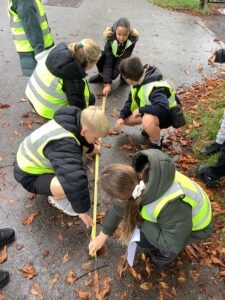
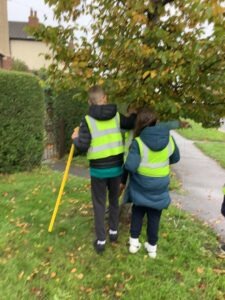
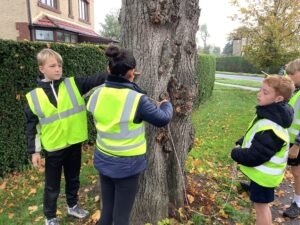
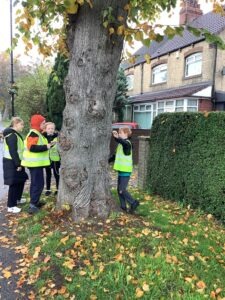
Report writing
The children have been working hard in writing their non-chronological reports over the last couple of weeks. The had to use their imaginations to create a city of their own and write a report to describe its features. They had to link their non-chronological reports to our geography topic and include themes such as city expansion and urban green spaces. They also had to include some parenthesis and think about different ways to start sentences to make it interesting for the reader.
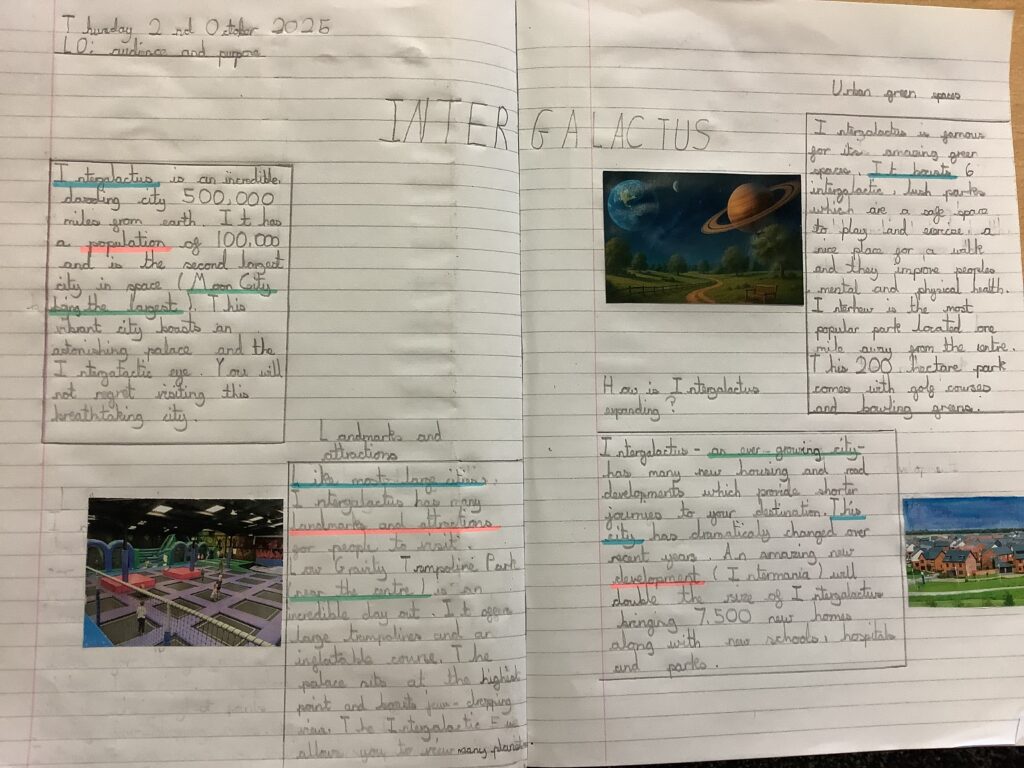
Daffodils by William Wordsworth
To celebrate National Poetry Day, all of Year 5,6 channelled their inner William Wordsworth as they performed Daffodils. This time, the audience was made up of teachers and classmates, but that didn’t make it any less nerve-wracking!
Each class took turns to recite different parts of the poem, creating one big collaborative performance that even Mr Wordsworth himself would have been proud of. With confident voices, expressive gestures, and just the right amount of dramatic flair, the children brought the famous poem to life (without a single daffodil in sight).
In the words of Wordsworth himself: “And then my heart with pleasure fills, and dances with the daffodils.”
It was a wonderful way to celebrate poetry, and everyone thoroughly enjoyed taking part.
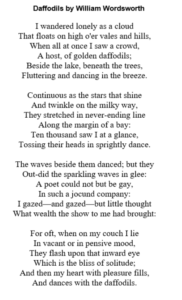
Help at home: Read or listen to a poem together and talk about what it really means. Or, if you’re feeling brave, have your own mini poetry performance – bonus points for dramatic pauses!
Writing: non-chronological reports
Year 5/6 have been using our geography knowledge to write a report about a fictitious city. They have included knowledge about the importance of urban green spaces and city expansion.
Help at home: discuss the benefits of urban green spaces. Why might they be important for both our physical and mental wellbeing?
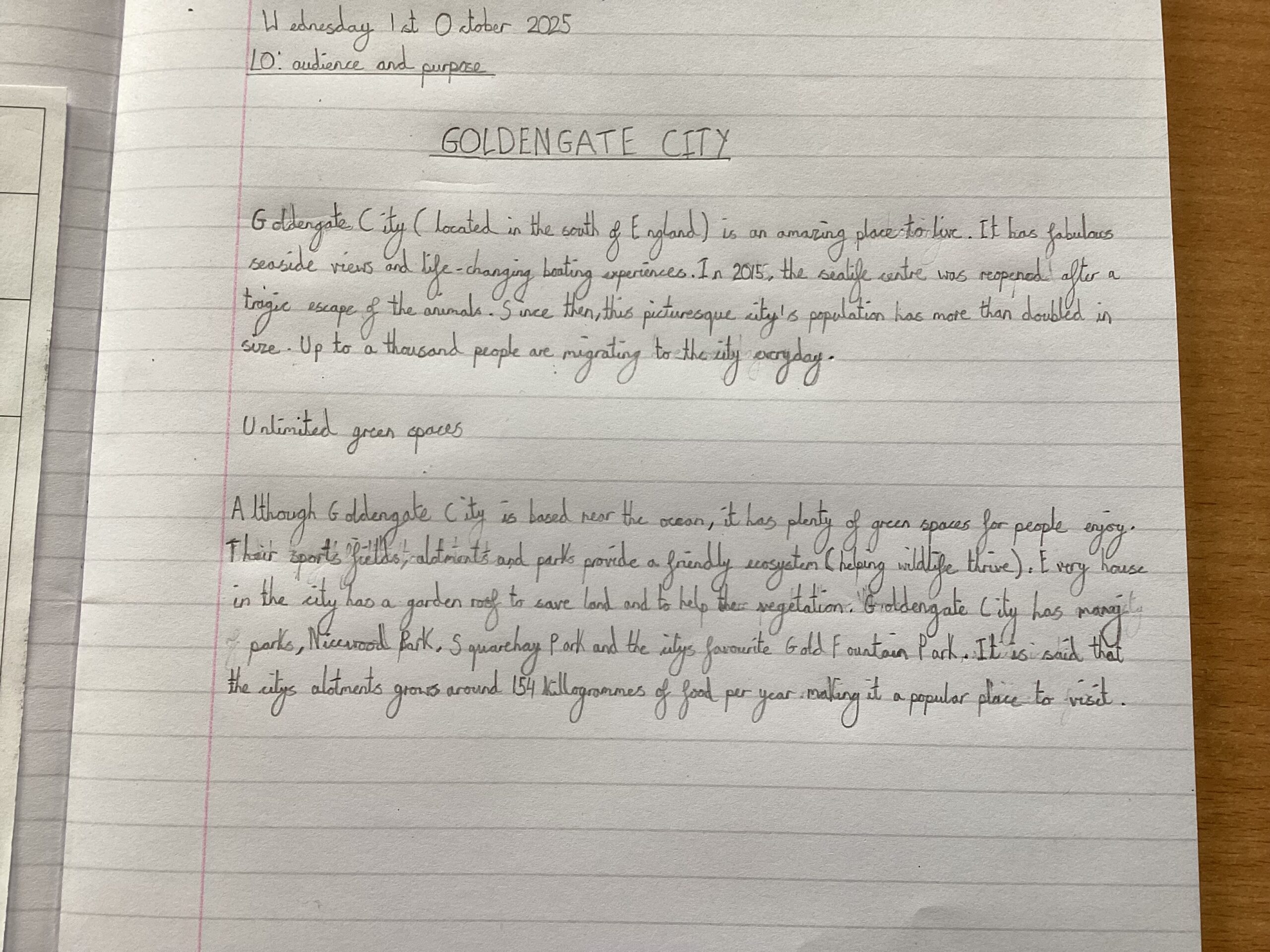
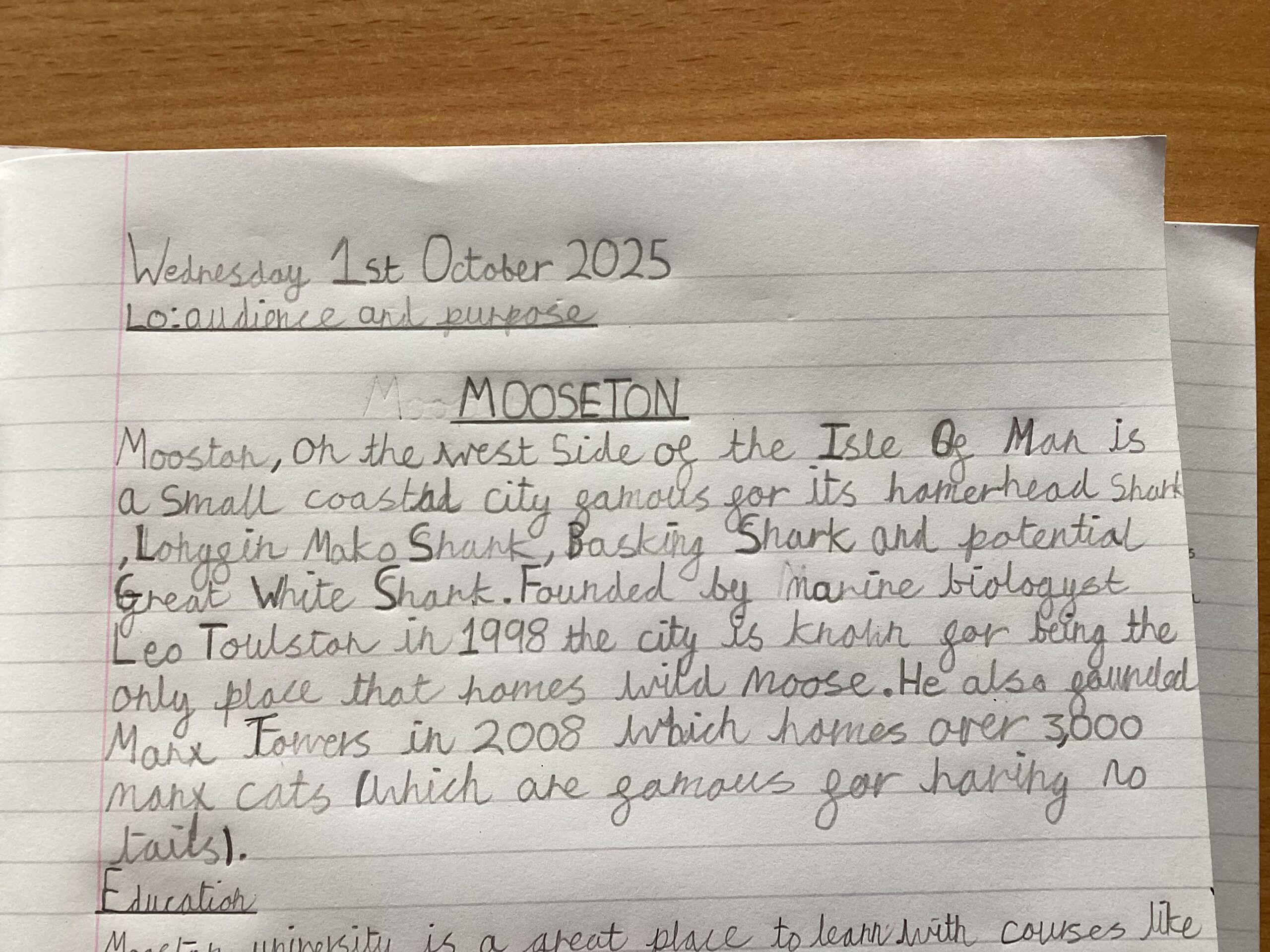
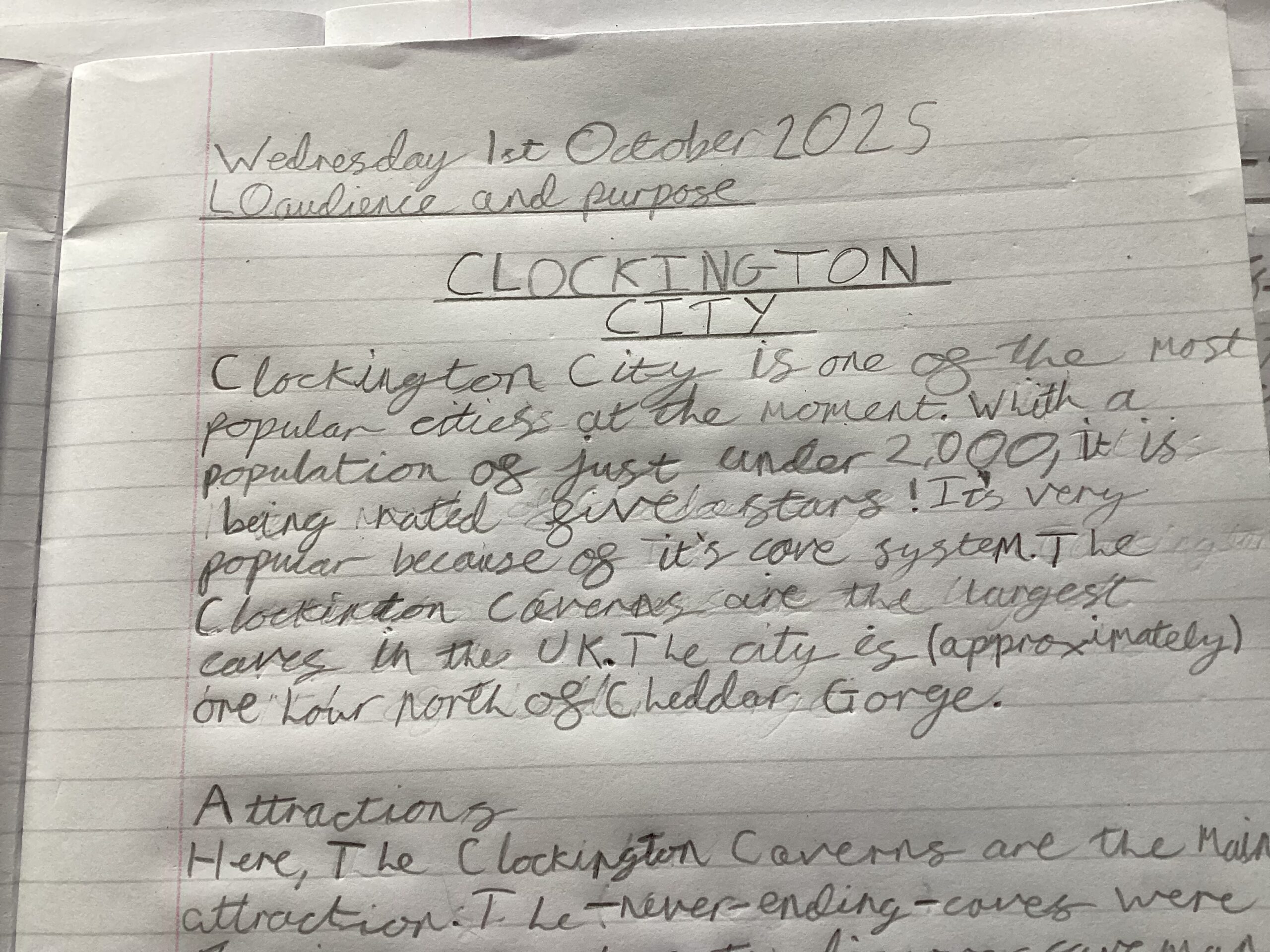
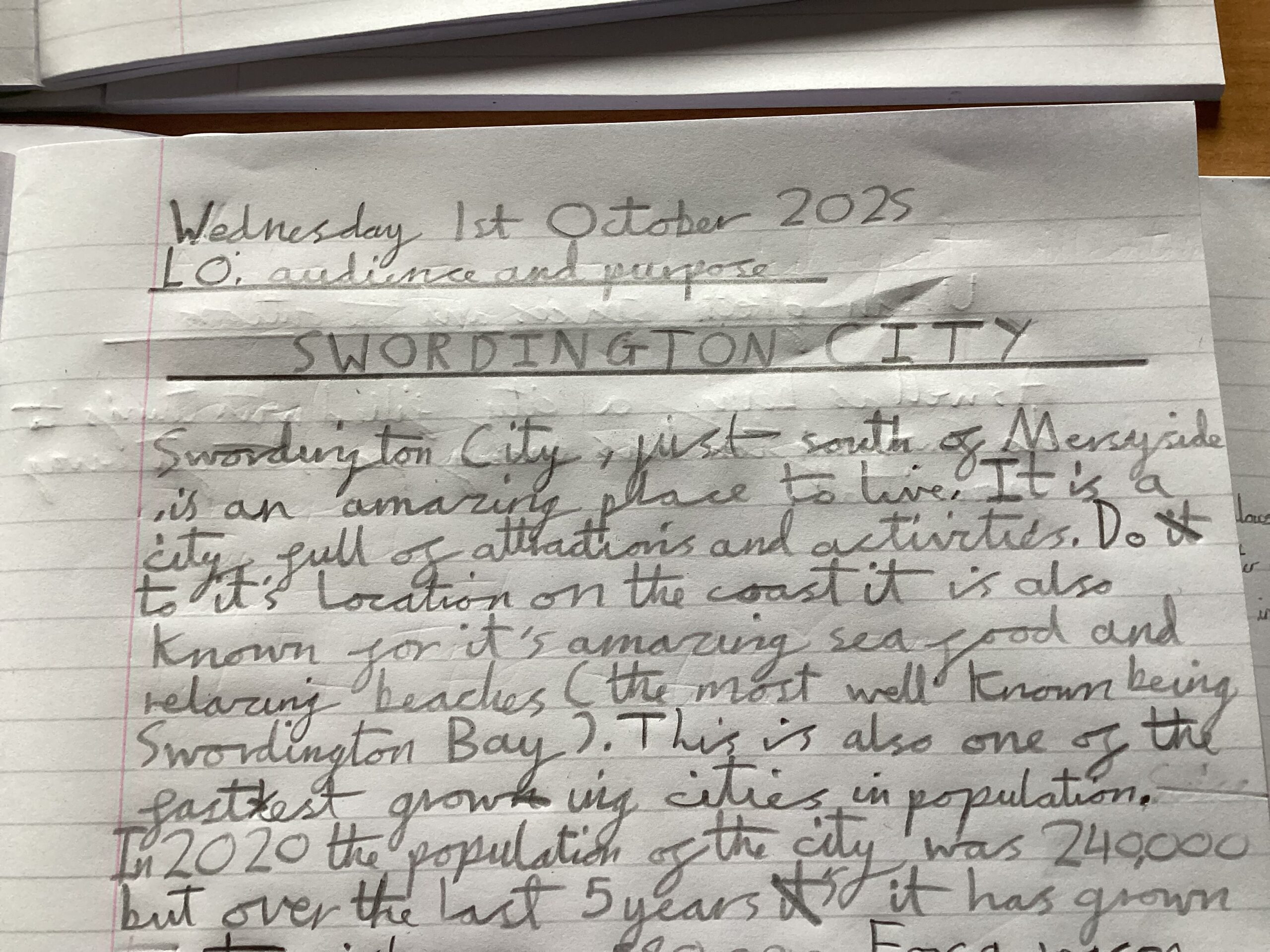
Living and Learning: I respect others.
This week in our Living and Learning session, Year 5/6 explored an important and powerful topic – discrimination. We began by unpicking what the word really means and discovered that discrimination is when someone is treated unfairly because of who they are or because of a particular characteristic they have. Through thoughtful discussion, we looked at real-life examples and reflected on the impact discrimination can have on people’s lives.
We also learned about the Equality Act 2010, which helps protect everyone from discrimination and ensures that certain characteristics are recognised and respected. To help us remember these, we used the brilliant mnemonic DR S GRAMPS:
-
Disability
-
Race
-
Sex
-
Gender reassignment
-
Religion or beliefs
-
Age
-
Marriage or civil partnership
-
Pregnancy and maternity
-
Sexual orientation
The children listened, reflected and spoke maturely about a sensitive topic _ and we were really proud of the respect they showed throughout the lesson.
Help at Home: Can your child list the protected characteristics without peeking? Who do they think is responsible for making sure these are upheld and respected?
Topic – urban green spaces
This week, we’ve been thinking about how Leeds has developed and expanded over time. We considered the importance of green spaces in cities and how these are decreasing due to city expansion. The children were able to identify the benefits of green spaces, such as carbon stores, reducing pollution and lowering global temperatures. They also looked at the impact green spaces have on humans such as improved physical health and improved mental health. The children created posters to show all the benefits.
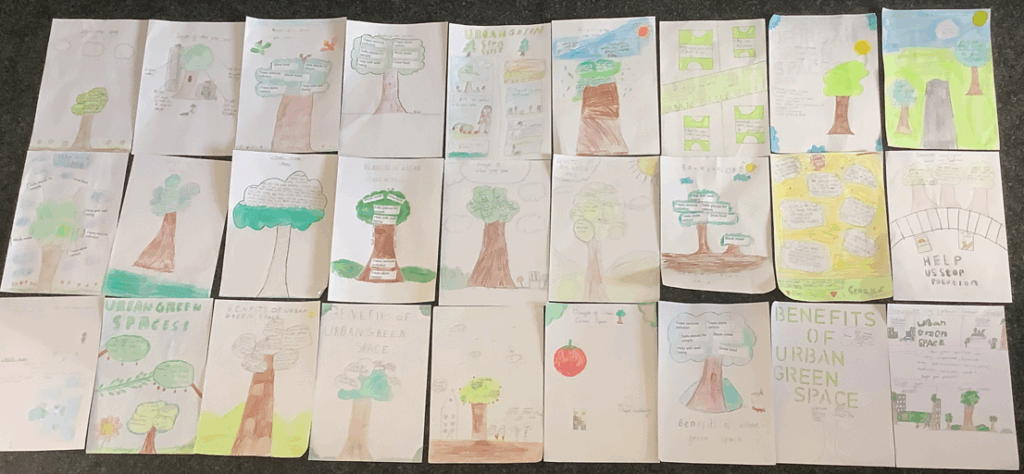
Science: identifying the effect of air resistance
Year 5/6 have been conducting an experiment to identify the effect of air resistance. We made three parachutes with different surface areas. We then tested the parachutes 6 times each and took a mean average of the drop time.
